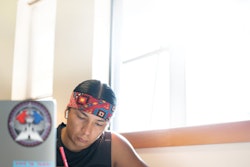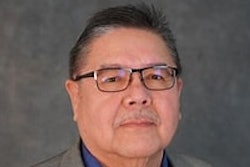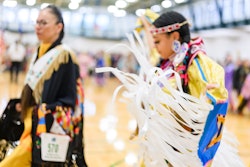Even though she had a bachelor’s degree in business administration, Hope Shwom did not go looking for a job with financial services firms or booming biotech companies in the Boston area. Instead, the recent graduate of the University of Massachusetts Boston looked for work helping her people.
“I wanted to work for the Native community,” explains Shwom, who completed her coursework in 2012. “I actually ended up getting a job working for the urban Indian health facility in Boston. I worked there for about a year and a half.”
Then her Mashpee Wampanoag Tribe hired Shwom, 26, as assistant director of its education programs. She is now community planner for the Mashpee Wampanoag Tribe of Cape Cod.
Waivers’ effect
Shwom received some assistance financing her education, first at Cape Cod Community College and then at the university, through a Massachusetts program that provides tuition waivers to Native Americans who live in the state. Michigan and Maine also have similar programs.
The tuition waivers started decades ago and, in the case of Michigan, survived a state referendum banning affirmative action in 2006 because being a member of a Native American tribe is not considered a racial designation, but rather a political status—citizenship in another sovereign nation.
State coordinators of the waiver programs say that they have increased college-going by Native Americans and produced leaders who return to their tribes, as Shwom has done.















